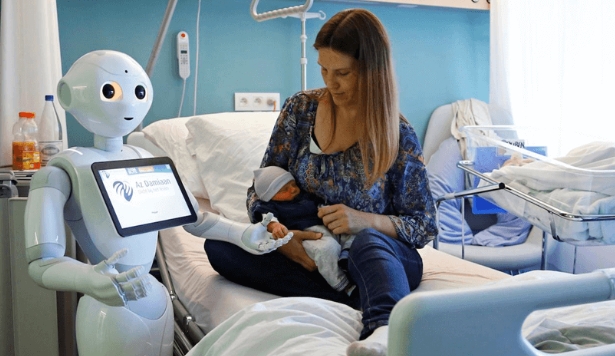Artificial Intelligence (AI) is transforming the healthcare industry in revolutionary ways, paving the path for the future of medicine. From diagnosis to treatment, AI is reshaping how healthcare professionals approach patient care, ensuring better outcomes and more personalized treatments for individuals. Here’s a look at how AI is revolutionizing healthcare and what the future holds for the industry.
1. Diagnosis and Predictive Analytics
AI-powered algorithms are being used to analyze medical images, such as X-rays and MRIs, to detect abnormalities and diagnose diseases like cancer with a high level of accuracy. This not only speeds up the diagnostic process but also helps in detecting diseases at an earlier stage, improving patient outcomes. Predictive analytics are also being utilized to identify high-risk patients and intervene before a potential health crisis occurs.
2. Personalized Treatment Plans
AI is enabling healthcare providers to create personalized treatment plans for patients based on their unique genetic makeup, medical history, and lifestyle factors. This approach to healthcare ensures that treatments are tailored to the specific needs of individuals, leading to more effective outcomes and reduced side effects.
3. Virtual Health Assistants
Virtual health assistants powered by AI are becoming increasingly popular, providing patients with round-the-clock access to healthcare information and advice. These assistants can answer questions, schedule appointments, and even monitor patients’ health remotely, improving patient engagement and adherence to treatment plans.
4. Drug Discovery and Development
AI is revolutionizing the process of drug discovery and development, speeding up the research and development timeline for new treatments. By analyzing vast amounts of data and identifying patterns, AI algorithms can predict how different drugs will interact with the body, leading to the discovery of more effective and targeted therapies.
5. Remote Monitoring and Telemedicine
Telemedicine platforms powered by AI are allowing patients to receive medical care remotely, reducing the need for in-person appointments and improving access to healthcare services for individuals in rural or underserved areas. Remote monitoring devices connected to AI algorithms can track patients’ vital signs and alert healthcare providers to any concerning changes in real-time.
The future of medicine is bright with the possibilities that AI brings to the healthcare industry. By leveraging the power of AI technologies, healthcare providers can deliver more personalized, efficient, and effective care to patients, ultimately improving health outcomes and revolutionizing the way we approach medicine. With continued advancements in AI, the future of healthcare looks promising as we continue to unlock the full potential of AI in revolutionizing the field of medicine.

